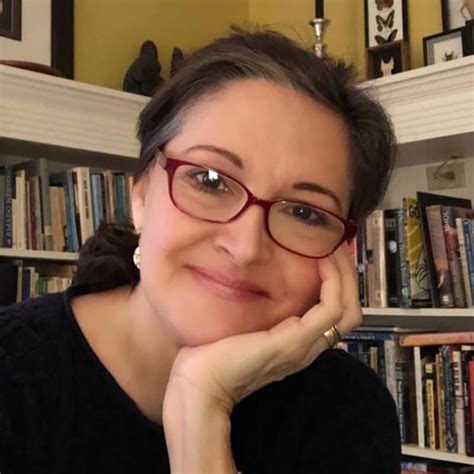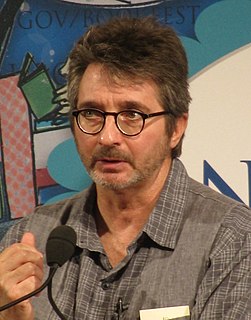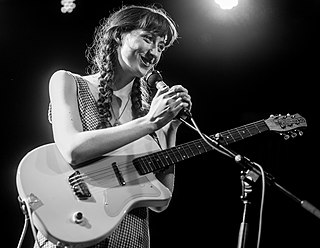A Quote by Paul Dirac
I do not see how a man can work on the frontiers of physics and write poetry at the same time. They are in opposition.
Related Quotes
I do not see how a man can work on the frontiers of physics and write poetry at the same time. They are in opposition. In science you want to say something that nobody knew before, in words which everyone can understand. In poetry you are bound to say ... something that everyone knows already in words that nobody can understand.
Commenting to him about the poetry J. Robert Oppenheimer wrote.
When you think intensely and beautifully, something happens. That something is called poetry. If you think that way and speak at the same time, poetry gets in your mouth. If people hear you, it gets in their ears. If you think that way and write at the same time, then poetry gets written. But poetry exists in any case. The question is only: are you going to take part, and if so, how?
I believe it's impossible to write good poetry without reading. Reading poetry goes straight to my psyche and makes me want to write. I meet the muse in the poems of others and invite her to my poems. I see over and over again, in different ways, what is possible, how the perimeters of poetry are expanding and making way for new forms.
It's a very erroneous strategy to try to push the Russian opposition to unite. First of all, the opposition is addressing different parts of Russian society that have differing points of view. And besides, a united opposition is a nice big target that the authorities have a much easier time fighting. And besides, resisting an authoritarian regime with an authoritarian opposition merely means that, in the event of victory, you're just doing yet another round of the same old, same old.
Poetry is not efficient. If you want to learn how to cook a lobster, it’s probably best not to look to poetry. But if you want to see the word lobster in all its reactant oddity, its pied beauty, as if for the first time, go to poetry. And if you want to know what it’s like to be that lobster in the pot, that’s in poetry too.
It's good for people to be able to see an archive of an artist learning how to write and getting better, especially for teenagers who are starting to write: to see that I started out making pretty easy and weird and bad-sounding music and that you can teach yourself how to write over a long period of time.
Man is like a tree. If you stand in front of a tree and watch it incessantly, to see how it grows, and to see how much it has grown, you will see nothing at all. But tend it at all times, prune the runners and keep it free of beetles and worms, and all in good time-it will come into its growth. It is the same with man: all that is necessary is for him to overcome his obstacles, and he will thrive and grow. But it is not right to examine him hour after hour to see how much has already been added to his stature.
What would it mean if there were a theory that explained everything? And just what does "everything" actually mean, anyway? Would this new theory in physics explain, say the meaning of human poetry? Or how economics work? Or the stages of psychosexual development? Can this new physics explain the currents of ecosystems, or the dynamics of history, or why human wars are so terribly common?


































